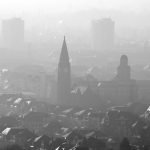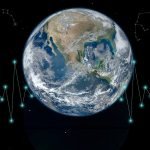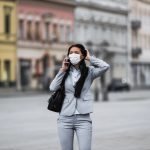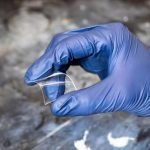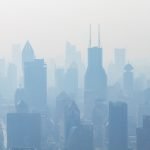Air pollution harms the brain and mental health, too
People who breathe polluted air experience changes within the brain regions that control emotions.
Lung infections caused by soil fungi are common in US
Scientists found fungi in the soil cause a significant number of serious lung infections in 48 out of 50 states and the District of Columbia.
Earth can regulate its own temperature over millennia, MIT study finds
Our planet harbors a “stabilizing feedback” mechanism that acts over hundreds of thousands of years to pull the climate back from the brink.
Outdoor artificial light at night linked to higher diabetes risk
Exposure to artificial light at night is a ubiquitous environmental risk factor in modern societies.
In a study from Shanghai Jiaotong University, scientists found that...
Even low levels of air pollution may cause premature death
Scientists found that the annual global death toll from outdoor PM2.5 may be much higher than previously thought.
PM2.5 in air pollution linked to sudden cardiac arrest
PM2.5 category of particulate matter is known to strongly increase the risk of cardiovascular, respiratory, and even ocular diseases.
This window coating could cool buildings without using energy
As climate change intensifies summer heat, demand is growing for technologies to cool buildings.
Now, researchers report in ACS Energy Letters that they have used...
Plastics of the future will have many past lives, thanks to chemical recycling
One day in the not-too-distant future, the plastics in satellites, cars, and electronics may all be living their second, 25th, or 250th lives.
Air pollution from traffic may be linked to higher dementia risk
Dementia describes an overall decline in memory and other thinking skills severe enough to reduce a person's ability to perform everyday activities.
In a study...
Air pollution from cars and factories could worsen lung diseases
The health effects of air pollution are serious.
According to the World Health Organization, one-third of deaths from stroke, lung cancer, and heart disease are...

